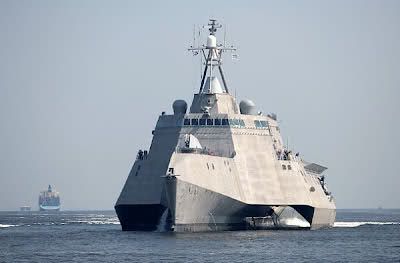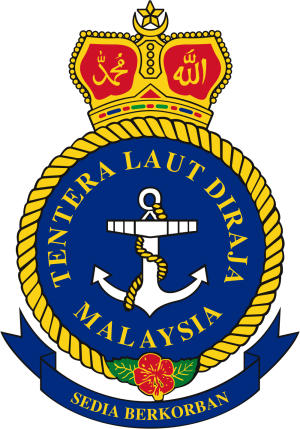Average observers of international politics would be forgiven if they overlooked space debris as a sizable threat to Canadian and international security, but the truth is that there is a lot riding on the capacity to categorize, track, and map these increasingly numerous objects as they orbit around our planet. What is at stake is not limited to the considerable investment required to produce assets in space or the possible loss of life in manned missions, but the many technological capacities that help to keep our globalized world together. Everything from communications, to weather forecasting, to banking is dependent upon the smooth functioning of the satellites that operate overhead; the use of space technology pervades both contemporary civilian and military life.
[captionpix align=”left” theme=”elegant” width=”300″ imgsrc=”[captionpix align=”left” theme=”elegant” width=”300″ imgsrc=”http://natoassociation.ca/wp-content/uploads/2014/02/image-1.jpg”]
“Space Situational Awareness” (SSA) is the term used to describe the global effort to understand the orbital environment, and with the recent announcement from the Office of the Minister of the Department of National Defence that the new Sapphire Satellite is fully operational, it is clear that Canada is taking this endeavour seriously. Launched on February 25, 2013 from Sriharikota, India through the Indian Space Research Organization, this sophisticated space surveillance asset is tasked with collecting observations of objects orbiting between 6000 and 40000 kilometres above the earth’s surface. Though it is a relatively small satellite, its contribution is expected to be significant. Prior to becoming fully operational, the front-line methods of tracking space debris were limited to ground-based optical sensors, which meant that the capacity to track objects was heavily dependent on favourable conditions. Proper lighting, the appropriate angle, and fair weather were all necessary in order to produce viable tracking data. As a space-based tracking solution, the Sapphire Satellite is free to operate around the clock, constituting what has been called a “niche” contribution to SSA.
[captionpix align=”left” theme=”elegant” width=”300″ imgsrc=”http://natoassociation.ca/wp-content/uploads/2014/02/image.jpeg”]
MacDonald, Dettwiler and Associates Ltd. (MDA) became the primary contractor on this project at the conclusion of an open competition launched by the Canadian government. It is notable that the total cost of the satellite, including the associated ground infrastructure, operations centre, and personnel costs, was delivered for $10.1 million less than the originally budgeted $96.4 million. The investment is described as a modest one considering the billions of dollars worth of Canadian assets now protected by the Sapphire program. That said, the benefits of the new satellite don’t stop with Canadian-owned technologies in space – SSA is, after all, a global effort.
Enshrined in the Memorandum of Understanding between the defense departments in the US and Canada, the Sapphire Satellite, through the broader Canadian Space Surveillance System, became the newest sensor contributing to the US Space Surveillance Network. Under this regime, data from more than 30 sensors around the world is coordinated, producing the most comprehensive record of space debris to date. Contributing countries, including Canada, gain streamlined access to this information, and can use it to safely undertake operations in space. Since it became operational, the Sapphire Satellite alone has added approximately 2600 objects to the Space Surveillance Network catalogue.
The collaborative developments in the treatment of the orbital commons like SSA and the Space Surveillance Network may point to a trend of increasing institutionalization. From an international relations perspective, this is an important phenomenon to pay attention to. Uncertainty is a prevalent background assumption in much of the discourse surrounding the study of interactions between states. That one can never be too sure about another’s intentions has profound effects on the ways a conversation will play out, particularly in the context of a strategic environment. Institutionalization is said by some to reduce this uncertainty by establishing rules and norms about acceptable behaviour in a given context. It could be argued that global cooperative efforts like SSA are institutionalizing this critical environment, shaping into a space akin to international waters, where there is no national jurisdiction and each state has a responsibility to act as its steward. In any case, as the orbital commons are likely to become increasingly militarized, having a strong sense of the movements of objects through tools like the Sapphire Satellite, as well as having open lines of communication and information, are likely to go a long way towards securing both Canadian and international interests in space.




